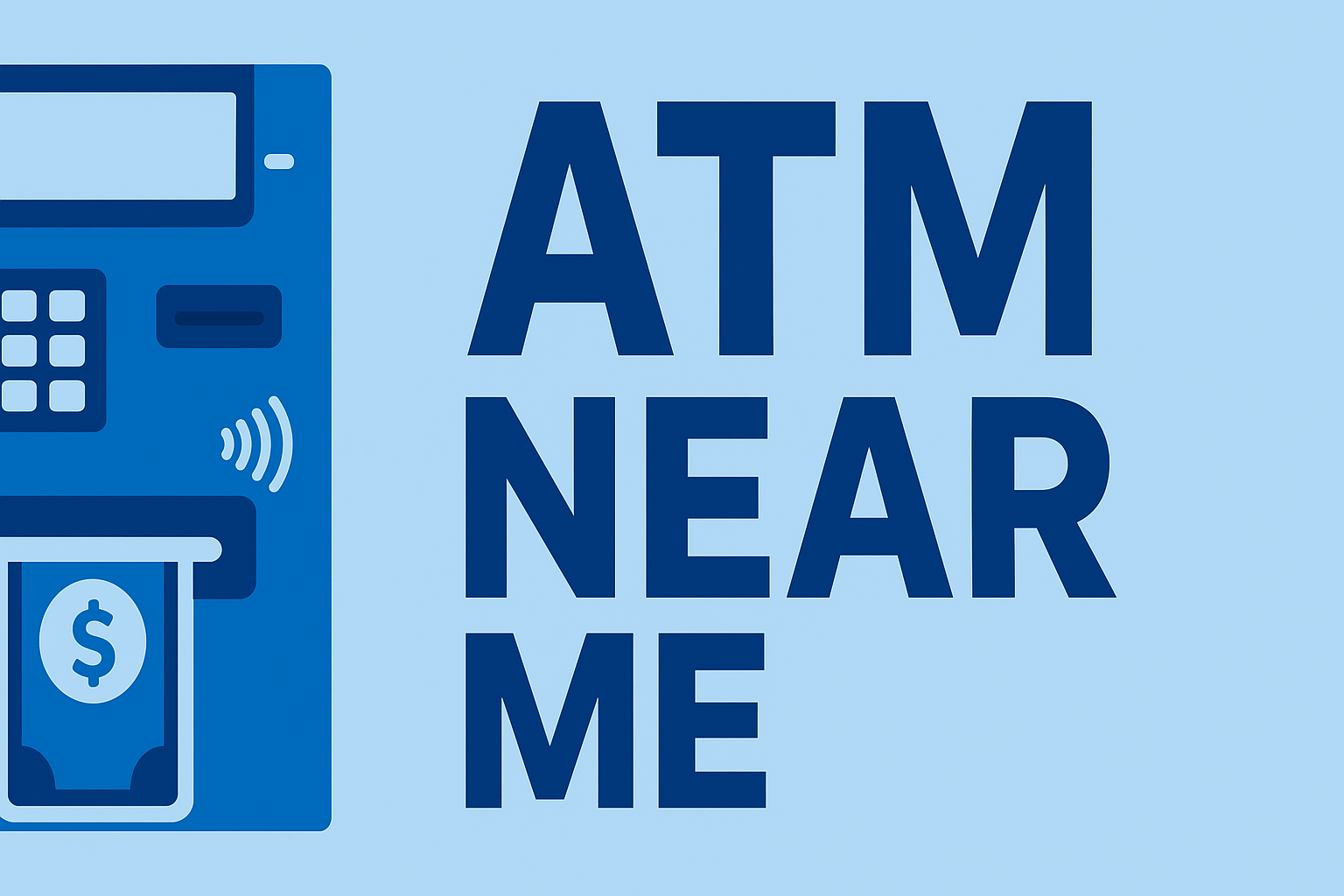Waiting for money to clear after an ATM deposit can be frustrating, especially when you need access quickly. Banks and credit unions often place holds on ATM deposits for security and processing reasons, but there are reliable ways to reduce or avoid delays. This guide explains why holds happen, how long they typically last, and practical strategies to get your funds released sooner.
Why Banks Put Holds on ATM Deposits
- Fraud prevention. Banks need time to verify cash and check validity.
- Large or unusual deposits. Higher amounts often trigger review.
- Out-of-network ATMs. Using another bank’s machine increases processing time.
- New or rarely used accounts. Less account history means stricter holds.
- ATM imaging errors. If the machine can’t read the check clearly, a delay occurs.
How Long ATM Deposit Holds Usually Last
Timing depends on the deposit type and your bank’s policies:
- Cash deposits: Often available within minutes to 1 business day at in-network ATMs.
- Checks: Typically 2–5 business days, though some may take up to a week.
- Large deposits: May require extended review.
- After cutoff times: Deposits made late, on weekends, or on holidays post the next business day.
For very large deposits, banks may also complete additional verification. See our guide on bank reporting requirements for large transactions for details.
Factors That Affect Deposit Availability
- Deposit type: Cash clears faster than checks.
- Account history: Long-standing, well-managed accounts get quicker availability.
- Deposit timing: Earlier in the business day means faster posting.
- Bank policy: Some premium accounts include same-day or instant access.
- ATM network: Your bank’s own ATM is always fastest.
How to Avoid ATM Deposit Holds
- Deposit during business hours. Using a branch ATM before cutoff helps speed processing.
- Stick to in-network ATMs. Out-of-network deposits almost always take longer.
- Use mobile check deposit. Many banks provide faster or even instant access.
- Break up large check deposits. Smaller amounts reduce review risk.
- Keep your account in good standing. Consistent balances and usage improve trust.
When You Can Expect Immediate Availability
Certain deposits clear instantly or within hours:
- Cash deposits at your bank’s ATM.
- Small checks (often under $200, depending on policy).
- Premium account perks. Some banks offer instant check access.
- Direct deposits. Payroll and government deposits skip ATM hold rules entirely.
Steps to Take If Your ATM Deposit Is Delayed
- Check your mobile banking app. Most display the estimated availability date.
- Contact your bank. Representatives may manually release funds for good-standing accounts.
- Provide documentation. Larger or unusual checks may require verification.
- Request a funds availability review. Use this if the delay extends past the listed date.
Tips for Large or Time-Sensitive Deposits
- Visit a branch teller. Tellers can often release funds sooner than ATMs.
- Use wires or cashier’s checks. These clear faster than standard checks.
- Deposit smaller amounts over multiple days. Reduces security flags.
- Choose institutions with faster policies. Some online banks and credit unions offer rapid funds availability.
FAQs on ATM Deposit Holds and Delays
Why was my cash deposit delayed?
Some ATMs or banks flag cash deposited after hours or at non-branch machines for review.
Do weekends affect deposit timing?
Yes. Deposits after Friday cutoff usually don’t post until Monday.
Which banks clear deposits fastest?
Online banks like Ally and Charles Schwab, plus select credit unions, are known for quicker releases.
Can I spend money from a pending deposit?
No. You must wait until the funds are fully available.
What if the ATM malfunctioned during my deposit?
Report it immediately. See our guide on what to do if the ATM took my money.
